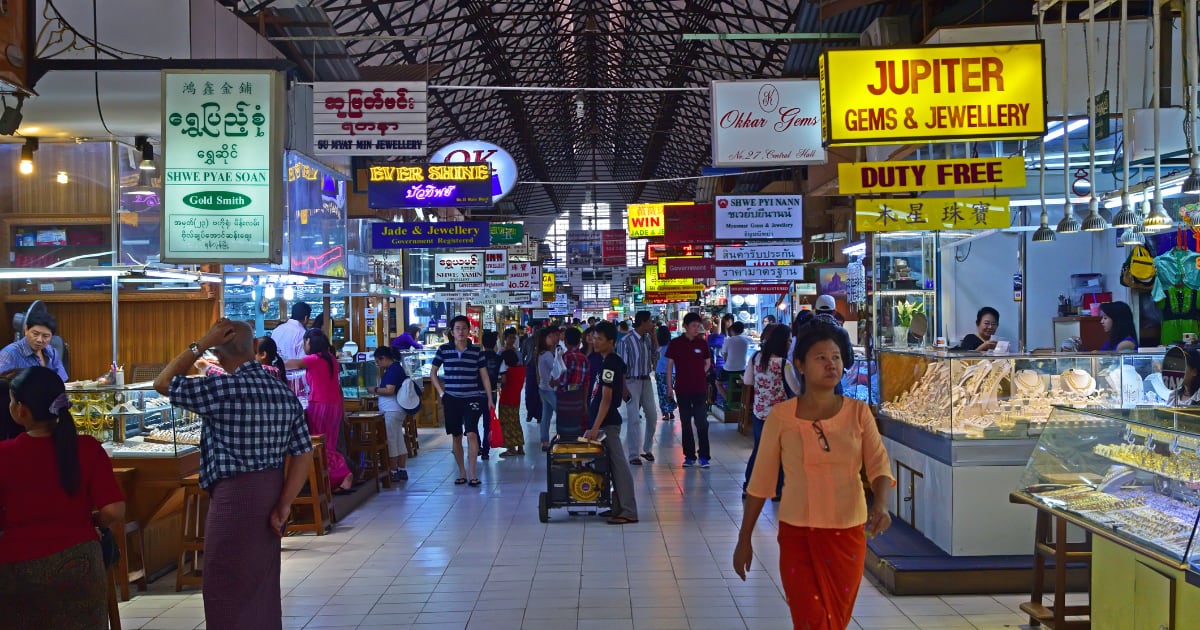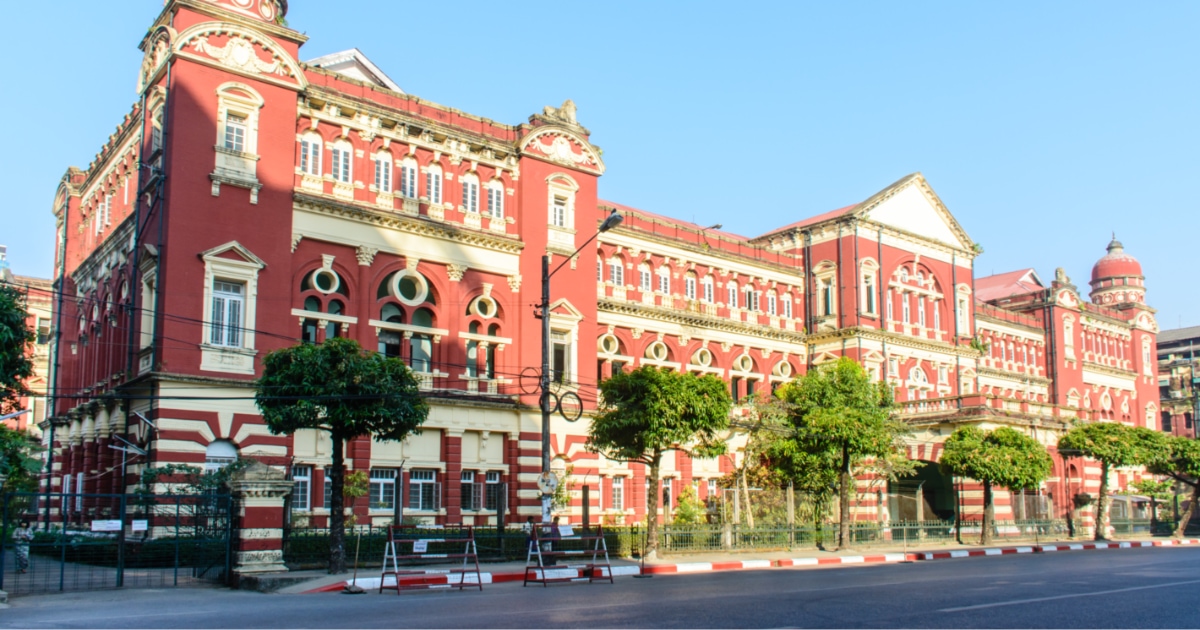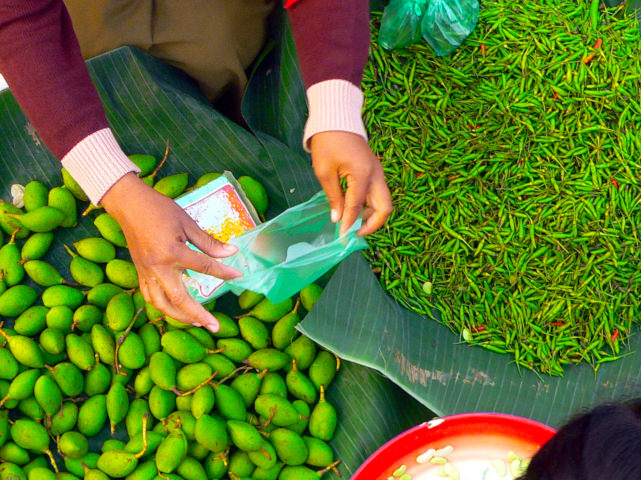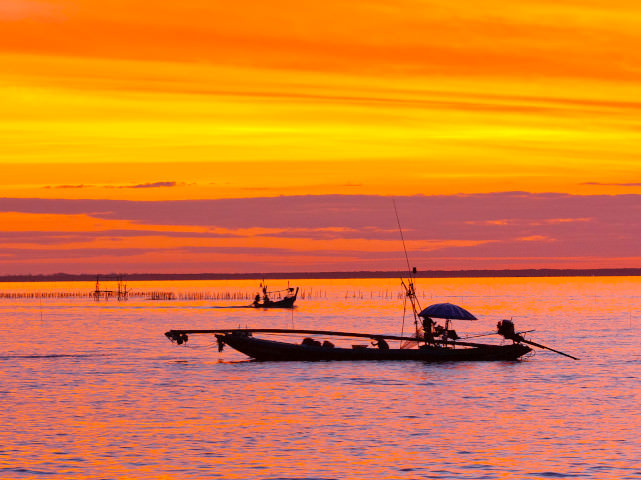Myanmar Highlights
November 2018
Download PDF | Download word version
The Myanmar Government is drafting a National Savings Mobilisation Strategy to encourage the public to save more. According to the Deputy Minister of Planning and Finance U Maung Maung Win “despite rising volume of savings at local banks, more is needed to support continued economic growth and for Myanmar to reach parity with its regional neighbours”. U Maung Maung Win was speaking at the World Savings Day forum held in collaboration with the Yangon University of Economics, UN Capital Development Fund (“UNCDF”) and Deutsche Gesellschaft für Internationale Zusammenarbeit (“GIZ”). The World Savings Day forum’s aim is to raise awareness over the importance of saving in Myanmar and to build common ground towards strategy development and implementation. According to the UNCDF, in the five years since 2013, the number of formal and informal savers in Myanmar has risen from 38% to half of all adults. The UNCDF considers informal savings, to include non-cash assets, jewelry or cash on hand. However, the number of adults who save via formal channels i.e. in banks and financial institutions, is now just 11% compared to 6% in 2013. Based on a recent UNCDF survey, the principle reason given for the low rate of saving is a lack of disposal income. According to U Zaw Lin Aung, managing director of KBZ Bank, increased savings are fundamental to. Financial institutions depend on capital raised from deposits to sustain lending to businesses and consumers. The primary source of liquidity for the banks is savings and deposits, which then enables financial sector growth through lending, he said. In Myanmar, the minimum deposit rate is 8%, while the maximum lending rate is 13%. According to CEIC Data Company Limited, Myanmar’s gross savings rate was 26.7% in the year ending 31 March 2017 compared with 26.2% in the year ending 31 March 2016. The research and intelligence firm calculates the gross domestic savings rate from annual gross domestic savings and annual nominal GDP. Gross domestic savings is calculated as nominal GDP less consumption expenditure. The Central Statistical Organisation, Ministry of National Planning and Economic Development provides data on consumption expenditure and nominal GDP. According to Armin Hofmann, Head of the Banking and Financial Development Program at GIZ said “trust is key for people to save in the formal banking system. As such, transparency and efficiency of the financial system must be further improved. In order to boost the growth of the economy the people should save in the formal financial system.”
(Source: https://www.mmtimes.com/news/myanmar-seeks-boost-savings.html; 5 November 2018)
Toyo Thai Power to develop US$500 million power plant in Ahlone
Toyo Thai Power Myanmar Co Ltd (“TPMC”) intends to invest between US$350 million (Kyats 471 billion) to US$500 million to establish a liquefied natural gas (“LNG”) power plant. TPMC is the subsidiary of Thailand-based TTCL Public Co Limited. The LNG power plant is expected to generate 388Mw of electricity will be located in Ahlone Township, Yangon. LNG to power the plant will be imported. TMPC is currently preparing environmental impact (“EIA”) and socio-economic impact assessments (“SIA”) and is holding meeting with residents to explain the impact of project on the region. TMPC intends to begin construction on the project by the middle of 2019, subject to the completion of the EIA and SIA. Construction on the plant is expected to take approximately 28 months. The TPMC project is one of three large LNG power plants being undertaken in Myanmar. In addition to the TPMC project the Ministry of Electricity and Energy (“MOEE”) issued ‘Notices to Proceed’ for a 1230Mw LNG power plant in Kanbauk, Tanintharyi Region, by European conglomerates Total S.A and Siemens AG, and a 1390Mw plant in Ayeyarwady Region to be operated by China’s Zhefu Holding Group and its local partner the Supreme Group of Companies. MOEE is currently negotiating terms for the power purchase agreements under which it will purchase LNG generated by the three plants to meet the bulk of Myanmar’s energy requirements by 2020. Myanmar will double its power production capacity to 6000 Mw within the next two years, in order to meet rising demand. Several power generation projects, the most recent of which is the 225MW Sembcorp Myingyan combined-cycle gas plant, have commenced.
(Source: https://www.mmtimes.com/news/us500-million-power-plant-set-take-shape-ahlone.html; 31 October 2018)
Memories Group acquires Samena Capital-backed Myanmar firms for US$41m
On 26 October SGX-listed Memories Group – which operates tourist companies in Myanmar – has completed the acquisition of SM Asset Holdings Pte Limited (“SM Asset Holdings”) and Mokan (S) Pte Limited (“Mokan”) for US$40.7 million. A spin-off of Mainboard-listed Yoma Strategic Holdings’ tourism business, Memories Group has acquired 100% stake in SM Asset Holdings and the remaining 20% interest in Mokan, which is 80% owned by SM Asset Holdings. Private equity firm Samena Capital had invested US$19 million in SM Asset Holdings in 2017 through its Samena Special Situations Fund III L.P. It was Samena Capital’s first private equity investment in Myanmar. Following the completion of the proposed acquisitions, 141 million consideration shares will be allotted and issued at the price of S$0.25 per share to Samena Mandalay Holdings; and 5.4 million shares will be issued to Mokan vendor, Pyai Phyo Tun. According to Memories Group’s previous announcement, consideration will include both cash and shares. The two companies will become subsidiaries of Memories Group. At the same time, the group will also gain the development rights of Bo Ywe Island, Nga Mann Island and Kyun Pila Island in the Mergui Archipelago, about 90 km from Kawthaung, Tanintharyi region plus Awei Pila, a five-star beach front resort on Kyun Pila Island, which is scheduled to open by the end of 2018. The acquisition also includes Hotel Suggati, a three-star asset in Mawlamyaing, Mon state, also scheduled for opening by the end of 2018. The completion of the deal comes three months after the group announced the proposed acquisition. The Islands provide a usable land area of 100 acres and a further 550 acres reserved for future development. The development rights also allow the group to supervise over 4,450-acres of environmental protected land which the company said may be utilized to create eco-friendly activities as part of tourism related business. Memories Group is the first Myanmar tourism-focused company to be listed on an Exchange board and its tourism business includes Balloons over Bagan, Bagan Land, a commercial and hospitality development, Hpa-an Lodge and Pun Hlaing Lodge businesses among others.
(Source: https://www.dealstreetasia.com/stories/memories-group-buys-out-samena-capital-backed-myanmar-firms-for-41m-110313/; 1 November 2018)
Fintech startup AND Global raises US$2.8m in funding
Singapore incorporated financial technology firm AND Global has raised US$2.8 million in funding from South Korea’s Rhinos Asset Management for its subsidiary AND Systems to finance its push in Myanmar and the Philippines. The latest investment brings the total funding raised by AND Global and its subsidiaries to US$15.3 million, including equity investment and debt financing. AND Global, founded in Mongolia and incorporated in Singapore in May 2015, offers micro-lending, installment loans, and a digital wallet. It uses AI-based credit scoring in determining the credit-worthiness of applicants, reducing the costs of on-boarding, underwriting, and risk. With fresh funding, AND Global seeks to expand in Southeast Asia and serve the 131 million unbanked people in the Philippines and Myanmar. It recently launched LendMN Wallet in Mongolia, turning its existing LendMN app into a full-featured digital wallet. In 2019, LendMN will launch its ‘platform as a service’ on the cloud – enabling any financial institution around the world to license their technology and offer services such as microloans and P2P payments according to a statement. AND Global has already brokered a number of deals, including with Rakuten, since its inception in 2015. The company has also allocated over US$45 million in personal loans to date and acquired a bricks-and-mortar bank.
(Source: https://www.dealstreetasia.com/stories/and-global-funding-philippines-myanmar-110271/ ; 1 November 2018)
Myanmar Unions meet EU delegation to discuss Generalized System of Preferences
Myanmar’s trade union and labor organizations have voiced concern in respect to the possibility that the E.U. may revise its trade preferences with Myanmar. Representatives of the Myanmar Confederation of Trade Unions and the Myanmar Infrastructure, Craft and Service (“MICS”) organization met with members of an EU delegation investigating the human rights situation in Myanmar. The MICS asserted to the EU delegation that Myanmar’s reforms are making progress and the country needs the EU’s continuing support. The findings of the joint mission between the European Commission’s trade arm and the EU’s diplomatic service will help the EU decide whether to withdraw Myanmar’s “Everything but Arms” (“EBA”) status, which allows it to export any goods except weapons to the EU tariff-free. The EU has warned that Myanmar could lose its EBA trade privileges over the “violation of human rights” cited in a UN fact-finding mission’s report. The Myanmar Garment Manufacturers Association (“MGMA”) has said that the loss of duty-free export trade preferences could put more than 400,000 jobs at risk and badly damage the country’s economy by depriving it of its largest source of foreign exchange income. The EBA scheme is a part of the EU’s Generalized System of Preferences (GSP), which allows full duty-free and quota-free access to the EU’s single market for all products except arms and armaments. Since 2013, the EU has lifted duties on goods from Myanmar under the EBA’s zero-tariff import regime. Nearly 70% of Myanmar’s exports go to EU countries, and more than half of these are garments. According to the MGMA, the EU has become Myanmar’s largest trade partner for garments, purchasing more than 47% of the products, while Japan, the second-largest, purchased just 27% of garment products in 2017. According to the MGMA, the value of Myanmar’s garment exports to the EU has significantly increased from US$1.2 billion in 2013 to US$1.5 billion in 2014, US$1.7 billion in 2015, US$2.1 billion in 2016 and US$2.7 billion in 2017. As a result of the opening of the EU market, the number of factory workers in Myanmar has grown from 240,000 in 2012 to 450,000, and the garment sector is the most labor intensive of the country’s major industries.
(Source: https://www.irrawaddy.com/business/labor-groups-implore-visiting-eu-officials-not-withdraw-trade-preferences.html; 29 October 2018)
Myanmar Government National Savings Mobilisation Strategy
Myanmar’s gross savings rate
Toyo Thai Power Myanmar Co Ltd TPMC
Myanmar tourist company Memories Group
Myanmar LNG power plant
Myanmar AND Global
Fintech startup
Myanmar Unions
Generalized System of Preferences
EU trade preferences with Myanmar
Myanmar Garment Manufacturers Association MGMA
Myanmar’s Everything but Arms EBA
Zhefu Holding Group
Myanmar Ministry of Electricity and Energy MOEE
Myanmar government ministries
Hotel Suggati Myanmar Awei Pila Resort
This newsletter is for information purposes only. Its contents do not constitute legal advice and it should not be regarded as a substitute for detailed advice in individual cases.
Transmission of this information is not intended to create and receipt does not constitute a lawyer-client relationship between Charltons and the user or browser.
Charltons is not responsible for any third party content which can be accessed through the website.
If you do not wish to receive this newsletter please let us know by emailing us at unsubscribe@charltonslaw.com








